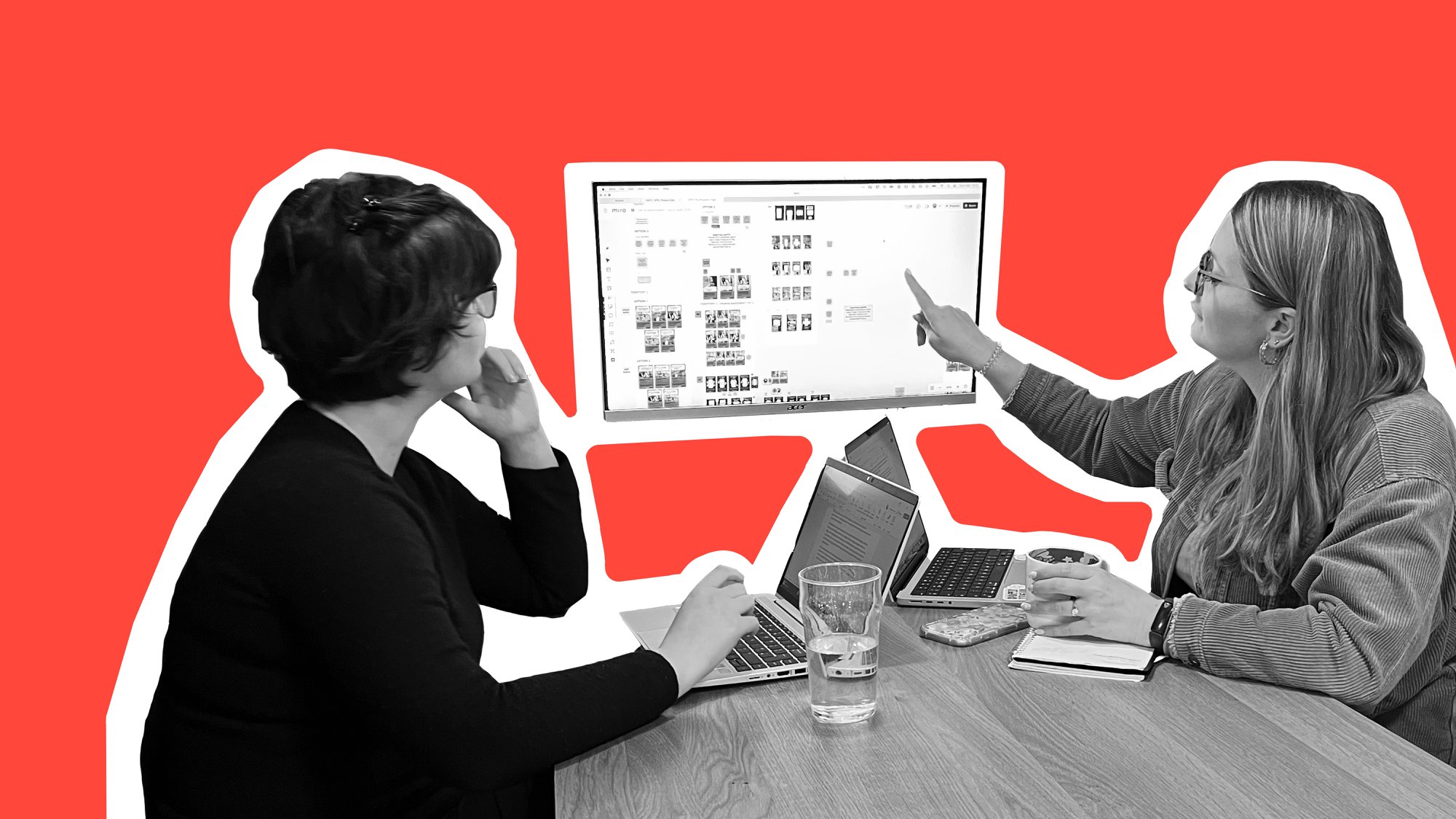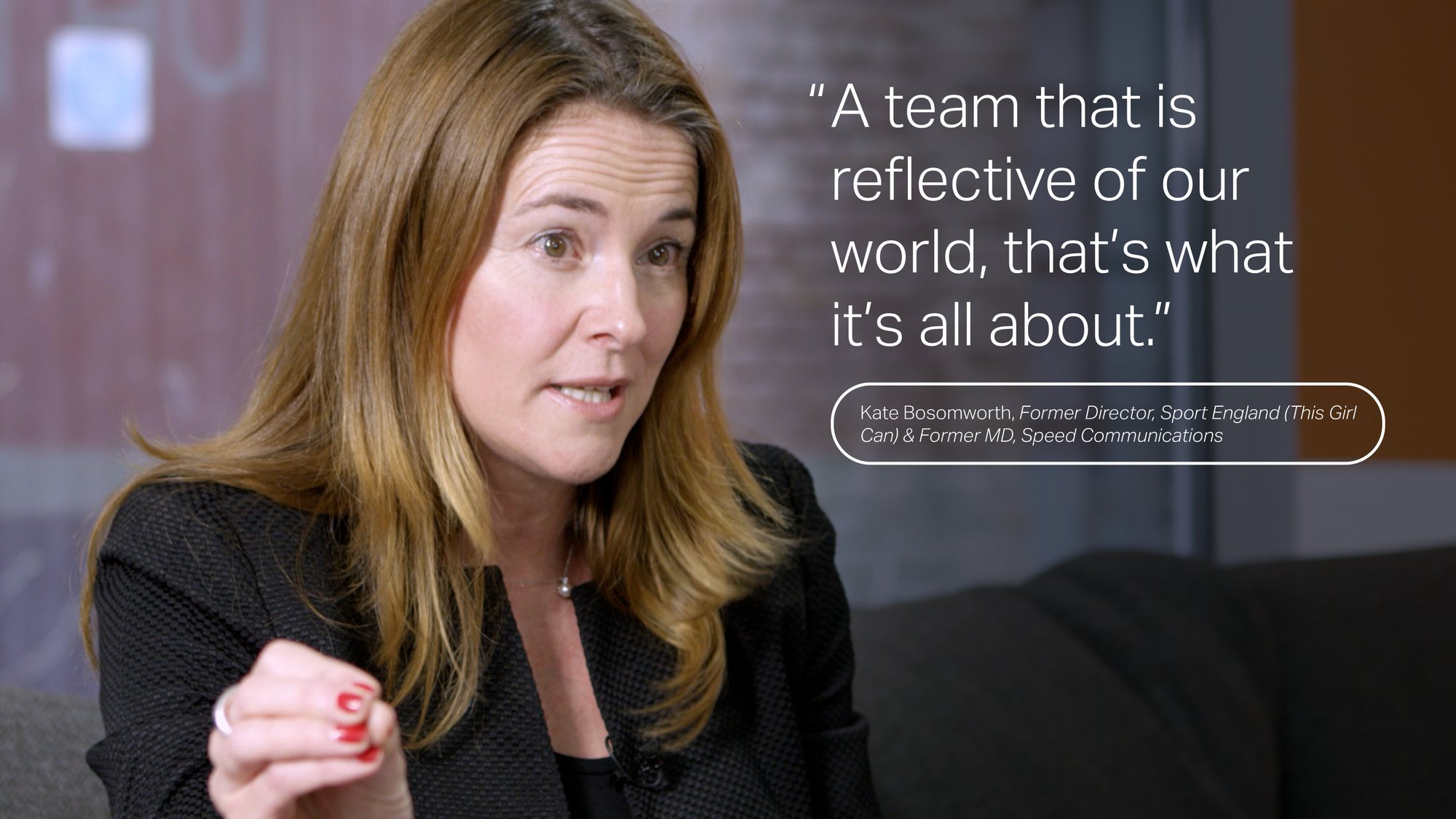Tired of greenwashing, corporate gaslighting and free yoga? Here’s three ideas to improve organisations in 2021

2021 presents a unique opportunity for organisations and leaders to ask the question of “who are we?” and “what do we actually stand for”. And as the pressing issues of society – from social justice to anti-racism, from sustainability to mental health – dominate our world outside work, they are also now crucial issues for organisations and their people too.
And that takes bold people in leadership making bold decisions: embracing a greater understanding of the ethical responsibilities that underlie everyday corporate life. If in his first week President Biden can set about restoring hundreds of environmental laws cancelled during the Trump era, corporations can grasp the moral imperative and tackle their inherent problems now too.
We all need to move beyond aspirational statements and performative campaigns and tackle how business is actually being done. Here are three things to consider today:
Eradicate greenwashing
Once you’ve come across the eight metaphors used to make sense of organisations in Gareth Morgan’s 1986 work Images of Organizations they are hard to forget.
From the classic metaphor of “organisations as machines” – a conceptualization of organizations that is all about workflows, bureaucracy, and labour productivity, akin to Taylor’s scientific management and still the dominant way that management is taught and often carried out today, to organizations as “instruments of domination”.
This latter metaphor is about the role of companies as dominators of people, animals, nature and the environment: As exploiters of natural resources for private profit.
But while these oppressions were once relatively easy to keep hidden, now it is no longer possible. Even if some things can stay out of view for some time, they tend to become visible eventually – whether that’s the children working Bangladeshi sweatshops making our fast fashion, the destruction of Indonesian rainforests for palm oil production, or the negligence that led to the Deepwater Horizon oil spill in the Gulf of Mexico.
As philosopher and social critic Ivan Illich said several years ago: “All our leaders now call themselves environmentalists. But their brand of environmentalism poses very few challenges to the present system. Instead, they propose to spruce up the planet with a few technical fixes or individual lifestyle changes.”
So, in a world where, according to the UN Environment Assembly, it takes 3,140 litres of water to produce a typical takeaway burger, creating a smokescreen by putting a message about recycling on the packaging won’t cut it anymore.
So how will change happen?
We’ve been relying on our business leaders to re-educate themselves for too long now. Often, they have an approach to business that unites the organisation as machine metaphor with environmental domination in the pursuit of profit. A new mindset is needed. One that relies on a diversity of thought at the highest level. People with different and more enlightened approaches to tackling the issues around environmental, social and corporate governance should have real representation at board level. As Prof. Allison Taylor says: Corporations today have a critical role in building a sustainable future for our children and our planet. Doing so offers a path to restoring public trust and ensuring long-term survival. In this context, isn’t the business case a bit reductive?”
And what can communicators do? Persuade your stakeholders to reconsider performative environmentalism and green washing. Opt instead for transparency about what the organisation is doing to improve and share your roadmap. Yes, there is a risk in being open, but the prize is increased trust in your organisation.
People with different and more enlightened approaches to tackling the issues around environmental, social and corporate governance should have real representation at board level.
Become an anti-racist organisation
Metaphors are also useful when discussing how to make equality of opportunity a reality in our organisations. Nelba Marquez-Greene points out that racism isn’t the elephant in the room – it is the room. And other commentators have said that equality in the workplace isn’t about offering a seat at the table, it’s about building a new table.
The crux is that racism is structural and systemic, not only in society but also in our organisations. These deeply embedded structures reinforce the current status quo in the workplace. It’s these structures that need to be tackled and not by the diversion of setting up a DEI (Diversity, Equity and Inclusion) committee with little voice or power.
The crux is that racism is structural and systemic, not only in society but also in our organisations. These deeply embedded structures reinforce the current status quo in the workplace.
DEI strategist and co-author of The Ethical Sellout, Lily Zheng explains: “A systemic lens shows that “racism” occurs [in organisations] not just because of individual “racists” or “racist behavior,” but also because of the standard operating procedures of hiring managers and supervisors, the unspoken but shared expectations of all employees, the de facto processes for hiring, promotion, feedback and conflict resolution, and the authority and power that keeps the status quo in place. If these systems consistently create and maintain racial inequity, the systems are racist – even if the individuals within these systems are good people who do their best to be kind.”
So, what do we need to change today? We all need to move beyond just aiming for representation via DEI initiatives. We need to redouble the work to make access to decision-making, opportunities for promotion and advancement equal for all. And as Zheng makes clear: this movement isn’t just for personal gain, it’s to create a better society for everyone.
And what happens if we fall back to sticking plaster initiatives instead? If organisations choose purely performative DEI work, but purposely avoid reforming their systems, they are giving people false hope. And false hope is incredibly destructive.
Organise and manage work, not non-work
If we want to improve well-being at work then we must tackle the way work itself is organised, designed and managed. It’s not by offering well-being programmes to help people combat overwork, stress and workplace anxiety. Go ahead and offer well-being programmes but don’t use them as a distraction from taking responsibility for the stress and health problems being created through work itself.
If we want to improve well-being at work then we must tackle the way work itself is organised, designed and managed. It’s not by offering well-being programmes to help people combat overwork, stress and workplace anxiety.
We don’t need to discuss the added toll COVID-19 has taken on everyone in the workplace – we’re all living it. But it is necessary to realise that people are working longer hours under Covid. No amount of “add on” suggestions to do yoga, meditate or take a walk will tackle this cultural issue. It is a priority that business takes away this source of stress.
Interventions need to be directed at the work itself and how that is managed and organised. By law (UK and EC Directives) organisations have an obligation to provide a safe, working environment that minimises the risk of stress-related illness to employees.
So, what needs to be tackled? Firstly, all managers should be supported to look at improving the way jobs and tasks are designed. This could mean changing the context – such as a culture of long hours, the size of the workload, and providing greater role clarity or designing jobs better. Lastly there’s strong evidence that better social relationships in the workplace both vertical – among managers and team members, and across the board with peers help fight stress.
In the last year a lot of tired thinking and systemic problems in organisations have been exposed. The era of impression management and superficial campaigns around these crucial issues may be coming to an end. There is no shortage of momentum and energy, and a strong evidence base, to help us focus on the things that will make a real difference in our organisations and beyond.




